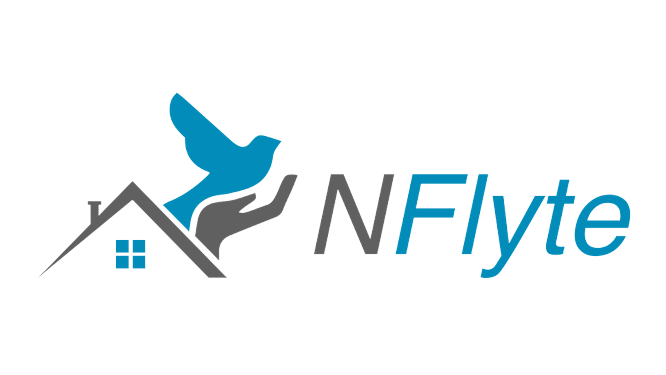 Photo by Diva Plavalaguna on Unsplash
Photo by Diva Plavalaguna on Unsplash
When most people think of autism, they imagine a young child, most likely white and male. We all know that’s not the reality. Autism doesn’t discriminate on gender or race, and it certainly doesn’t end after childhood.
Around 80% of the 7 million autistic individuals in the U.S. are adults, and the population is rapidly climbing thanks to better diagnostic tools and a wider understanding of the disorder. The CDC just updated its diagnostic rate to 1 in 36 children in 2020, up from 1 in 44 in 2018 and 1 in 150 in 2000.
Parents searching for support will find plenty of resources for autistic children, from therapies to assistive tech to medical advice. That’s where the bulk of autism research funding goes. But there’s far less information and support available for the adult autistic population.
 Photo by Cliff Booth on Unsplash
Photo by Cliff Booth on Unsplash
It doesn’t add up. Every year, around 100,000 students with autism leave U.S. high schools and encounter “the services cliff,” where they lose access to most therapeutic services covered by schools, disability services, and insurance.
Once an autistic child turns 22, families must navigate the challenges of continuing to support their autistic adult without any help from the larger community. Parents often resort to having the child continue to live at home due to financial constraints and the lack of tools that can help their adult child live fully or partially independently.
This was me. My daughter Zoe was diagnosed with autism and a severe expressive language disorder as a child. She had full academic support in her public school. She had access to ABA therapy, talk therapy, art therapy, aromatherapy, nutrition therapy, feeding therapy and more.
Once Zoe turned 18 this year, I started to panic. Zoe wanted to go to college and be independent but she still needed significant support. I constantly worried about how she would stay on track with daily living tasks, whether she’d be surviving on boxes of mac and cheese and mashed potatoes—part of the well-known “beige” diet of people with autism—or if she’d remember to wash her clothes.
 Photo by Mart Production on Unsplash
Photo by Mart Production on Unsplash
That’s why I created NFlyte, an all-in-one life skills platform and community that teaches autistic adults practical life skills so they can live independently while remaining connected to their families. I wanted to build a better system of supported independence for Zoe and others like her, to empower them to live their best lives.
The first iteration addresses the most pressing needs facing the adult community and their families:
- Executive functioning deficits: A customized visual schedule with reminders keeps their day on track.
- “Beige” diet and poor nutrition: A recipe box of their favorite nutritious meals with step by step instructions and photos.
- Social isolation: Users can create and share their recipes with the NFlyte community.
- Wish to live independently: Cloud-based platform that can be accessed and edited remotely by parents and caregivers 24/7 to support the autistic adult from a distance.
- Difficulty shopping: Parents can remotely add items to different categories of grocery lists including the ingredients from their recipes.
- Keeping track of important information: A Document Holder where important information is located in the same app as your practical life skills which simplifies life.
My daughter was recently accepted to an Inclusive Post Secondary Education program (IPSE) for college students with intellectual and/or developmental disabilities in South Carolina, where she’ll get the “college experience” with the support of trained counselors.
At school, Zoë will be able to use NFlyte to maintain her daily schedule. The app will remind her to wake up, take her medicine, make her bed, eat breakfast, go to class, do her laundry, cook dinner and other daily living tasks. Meanwhile, from my home I can log into the portal and make sure she’s tracking against schedule and view photos of finished tasks. I can communicate with her in real time and give her prompts and encouragement. Her IPSE counselors can also manage Zoë’s progress in the portal.
While Zoe will always need my help when I’m here, I’m counting on NFlyte to be there when I’m not. NFlyte is the central hub that autistic adults can use for life, and gives parents the peace of mind knowing their child has a toolkit for their evolving independence needs.




1 Comment.
I am very impressed with this product. I think young people, especially, will be willing & comfortable using this, since they are so oriented to technological screens. Also, very informative info to help extended family, etc., understand & relate to autistic folks.